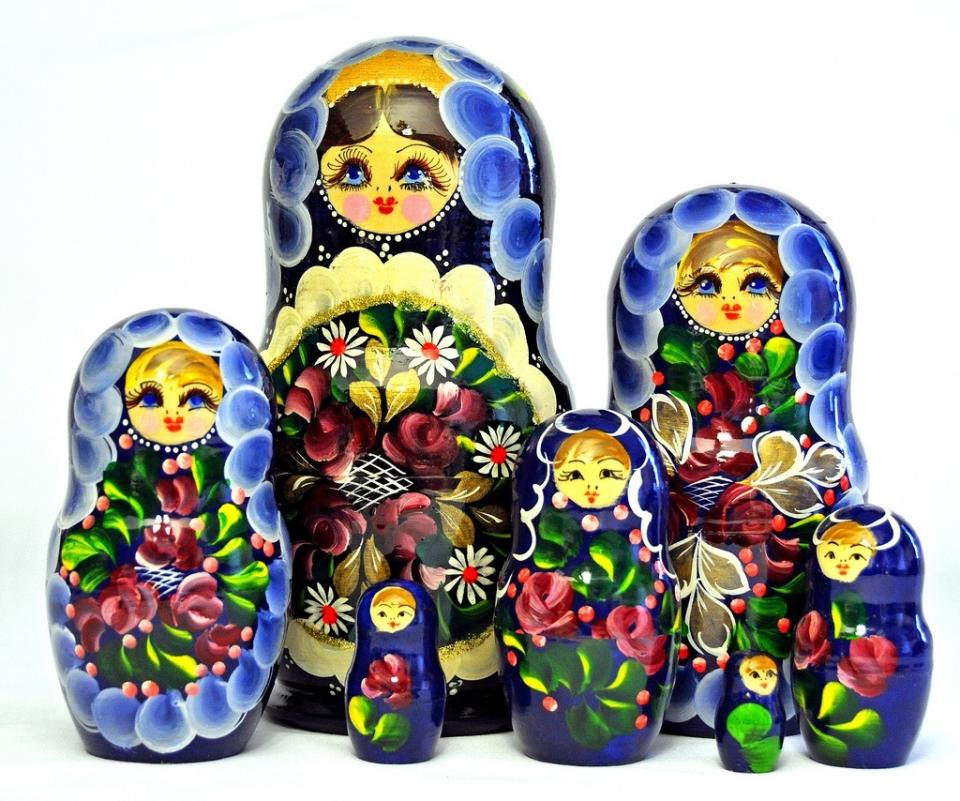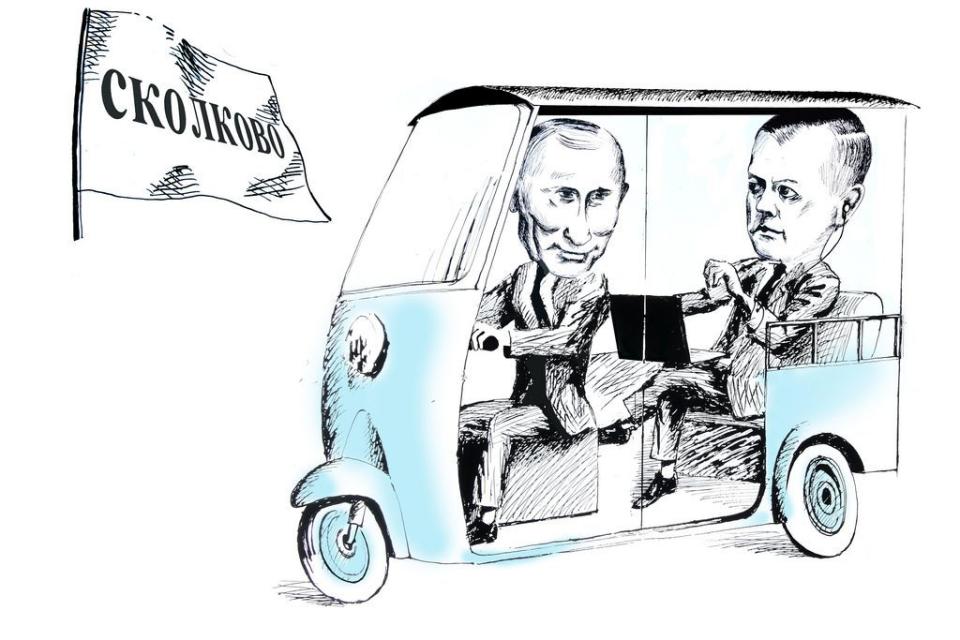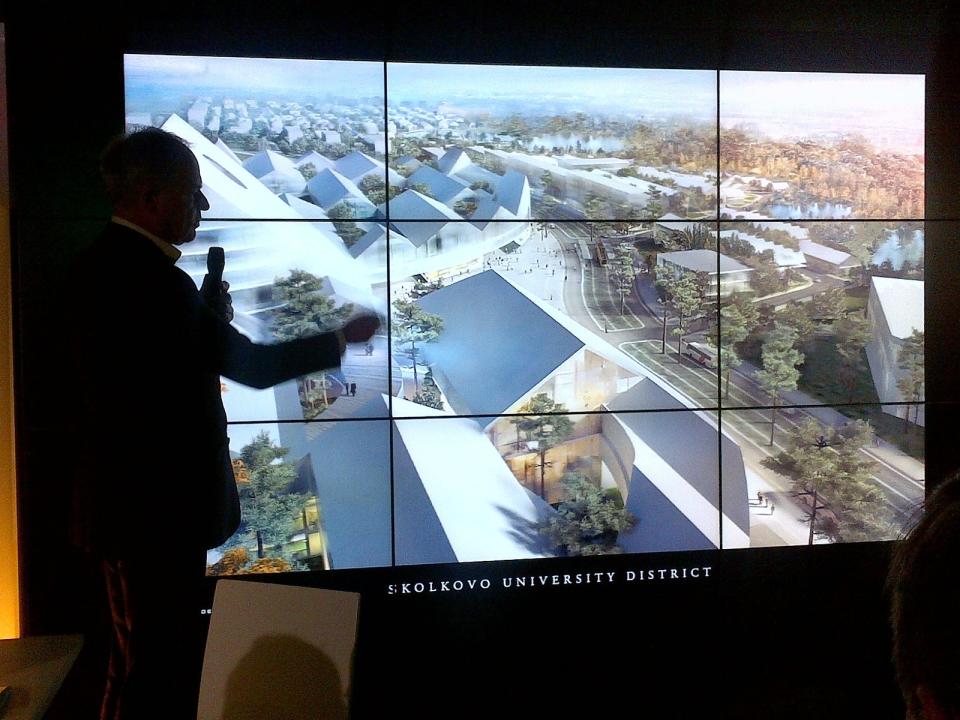As Russia stumbles, entrepreneurs are flocking to fast-growing Southeast Asia

(Update September/30/2015: One paragraph of this article has been updated to reflect the fact there is no connection between the Skolkovo Foundation and HaxAsia, an international hardware accelerator program.)
I’ve been bumping into the occasional Russian person at our Tech in Asia conferences for a while now. And back in March, Russian VC firm Life.Sreda decided to move its headquarters to Singapore, which was when I realized it’s not a handful of people doing this – it’s a trend. Russian entrepreneurs and VCs are drawn to Southeast Asia.
This has been on the cards for years. You only had to follow the moves of legendary Russian VC Yuri Milner to see where he believes the music’s playing. Up until mid-2011, Millner’s VC firm DST Global invested only in Russia, Europe and the US. Then, in August 2011, Milner’s interest shifted. He didn’t start small, either: DST participated in a US$1.6 billion investment round in China’s Alibaba. Other major investments in China and India followed, including stakes in Flipkart, Xiaomi, Didi Kuaidi, and Ola. About half of DST’s global investments are in China, one of DST’s partners said in 2013.
The Russian brain drain is real
The obvious factor driving Russian big-ticket venture capital east is the business opportunity in mega-economies like China and India.
However, business alone doesn’t explain the growing Russian presence in Southeast Asia’s tech ecosystems, with distinct hubs emerging in Singapore and Vietnam.
It’s the recent political crisis in Crimea, a declining Russian economy, and the lack of opportunities for entrepreneurs that’s driving Russians away from their country. To startups and smaller sized funds, up-and-coming Southeast Asia is starting to look pretty attractive. It has a fast-growing population of roughly 600 million inhabitants, low living costs – and a warmer climate.
“This year, due to well known geopolitical and macro events, [the] Russian economy is experiencing a contraction, although the tech sector is affected less than other sectors of the economy […] Some investors and employees are looking at other opportunities globally,” says Dmitry Alimov of Frontier Ventures.

Frontier Ventures, along with Life.Sreda, are Russian-owned VC firms that recently turned to Southeast Asia. Sreda is looking specifically at fintech, having made its first Southeast Asian investment in Fastacash this year. Frontier’s first bet was on restaurant management tool Chope earlier this year.
Other funds with Russian VC involvement are DMP and Simile Ventures. They have both been active in the region for some years. DMP’s focus is broad and covers investments in fashion, adtech, and fintech. Simile invests globally in emerging markets and looks at digital media, mobile and consumer internet. It became an investor in Tech in Asia in 2012.
Russian venture capital has permeated the Southeast Asian tech industry across all verticals, and Russian startups may follow soon. Tatiana Kim from Simile Ventures says she doesn’t see a major trend of Russian entrepreneurs coming to Southeast Asia yet – they prefer the US or Europe – but that opportunities to raise money inside Russia are becoming scarcer. “There is less Western capital available […] the appetite has decreased.”
Russia’s new influence
To most Southeast Asians, exposure to Russian culture is a new thing. US tech companies have long played a central role in Southeast Asia’s digital fabric. Google, Facebook, and Twitter, and are household names from Thailand to Indonesia.
Few people here will have heard of Russia’s major tech companies, like internet services provider Mail.ru and “Russian Facebook,” VK.
It’s the tech luminaries of Silicon Valley that Southeast Asian entrepreneurs look up to, not Mail.ru founder and venture capitalist Yuri Milner. Russia’s tech scene has been inward-looking and isolated.
Politically and historically, Russia is close to Vietnam. There’s a student exchange program which currently has 4,000 Vietnamese students studying in Russia. The alternative search engine CocCoc, based in Hanoi, is a result of this exchange. It was founded by Russian Victor Lavrenko, along with two Vietnamese co-founders. They met while the two were studying in Moscow. Vietnam, for this reason, is the second hub in the region next to Singapore for Russian entrepreneurs and VCs.
Other Southeast Asian countries, however, share less common history with Russia. Its emergence in the Southeast Asian tech ecosystem introduces a new, foreign flavor.
Tech diplomacy
During the brief tenure of Dmitry Medvedev from 2008 to 2012, Russia attempted to undergo modernization and started investing in the development of the IT sector. It began building a monumental innovation center on the outskirts of Moscow – a place where R&D facilities of large companies, startups, and students from all over the world come together.

Skolkovo Foundation presenting a plan for the Skolkovo university district. Image source: Skolkovo Foundation
This center, called Skolkovo, continues to grow despite the government change – but it’s facing some tough times.
According to Igor Bogachev, the executive director of Skolkovo’s IT cluster, the government is still committed to spending US$2 billion to finance the ambitious endeavor.
“We are building a small smart city for 40,000 workplaces and 20,000 living places,” Igor explains. A university created in partnership with MIT is also part of the plan.
Russia knows it has some image-mending to do, and Skolkovo is Russia’s tech-diplomacy mission.
More years will pass before Skolkovo fully materializes. In the meantime, Skolkovo Foundation exists as a network, connecting Russian entrepreneurs and tech talent to the world.
“[In Russia] we have a great potential. Mathematicians, physicians, programmers. But the entrepreneurial spirit is not so high,” Igor says. “The technologists are great but not very visible to the world, and to the investors from the outside.”
Recently, the Skolkovo foundation took ten Russian startups on a road trip to Singapore to introduce them to the opportunities of Southeast Asian markets, and – somewhat ironically – set them up with opportunities to raise money.
There’s no direct involvement of Skolkovo in the establishment of HaxAsia, a hardware accelerator that takes startups from Singapore to Beijing and San Francisco, but Slava Solonitsyn, who is part of HaxAsia through his Ruvento fund, once held the position of CIO of the Skolkovo Foundation.
Russian diaspora
Russians are lured out of the country by opportunities abroad – but they are also pushed away by an economic lull at home. A Russian diaspora is forming, trying to define its place in the world, and a fresh start for Russia.
Dmitry of Frontier Ventures is optimistic. “While it is obviously not helping the Russian economy in the short term, in the long term it can be beneficial because it creates a large Russian speaking diaspora globally which will ultimately increase the depth of human talent and the interlinks between the Russian companies and the global economy,” he says.
When I approached Victor Lavrenko, the Russian co-founder of CocCoc, about his views on the “Russia-Vietnam connection,” he preferred not to be interviewed for this article. “I think […] we just do not align to your way of positioning us,” he half-joked in response to my email.
There’s a sense of unease of being put into a compartment as a Russian entrepreneur, which, in CocCoc’s case is understandable, since the company’s headquarters are in Vietnam and its two co-founders are Vietnamese. Victor also points out that the company has an international board.
It’s a globalized world, after all. Tatiana Kim from Simile Ventures faced a similar issue. Her VC firm has been labelled Russian, despite the fact it’s actually headquartered in Luxembourg and that the other partners are European. “Everything is global now,” she says.
I didn’t have the chance to speak with Slava Solodiky, partner and CEO of Life.Sreda, for this article. But he did point me to a long post he published on Medium on the subject.
I recommend reading it to understand the state of mind of the newly forming Russian diaspora. An excerpt:
I love Russia. I was born and grew up here. But when I post on Facebook or Instagram that I don’t like something in the country, my more patriotic friends blame me that “you shouldn’t leave the motherland in a difficult moment.” But I have always believed that the correction of errors begins with their acceptance. And I’ve never thought that being realistic is unpatriotic.
To be a Russian VC or entrepreneur abroad these days means to be carrying the baggage of mixed feelings toward one’s home country – and being confronted with stereotypes of Russianness.
At the same time, Russians bring a new influence to Southeast Asia’s tech scene. Plugging into Russia’s strength in IT, natural sciences, and research, is beneficial for Southeast Asia.
This post As Russia stumbles, entrepreneurs are flocking to fast-growing Southeast Asia appeared first on Tech in Asia.

 Yahoo Finance
Yahoo Finance 
